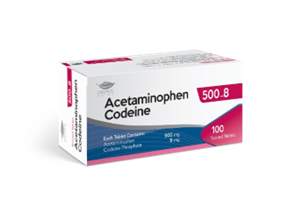A nurse at a long-term care facility is reviewing the plan of care for a client who has a prescription for mitten restraints. Which of the following tasks should the nurse assign to an assistive personnel?
Evaluate the need for the client to remain in mitten restraints.
Assist the client with range-of-motion exercises of the hands.
Instruct the client's family about the purpose of mitten restraints.
Determine the circulation status of the affected extremities every 2 hr
The Correct Answer is B
Range-of-motion exercises can be safely performed by assistive personnel under the supervision and direction of the nurse. It helps to maintain the mobility and function of the client's hands while in restraints.
Nursing Test Bank
Naxlex Comprehensive Predictor Exams
Related Questions
Correct Answer is A
Explanation
Whenever a medication error occurs, it should be documented in an incident report. The purpose of the incident report is to document the details of the event, including what happened, why it happened, and what was done to prevent it from happening again. Incident reports are not part of the client's medical record and are not used for disciplinary action. They are used for quality improvement and risk management purposes.
The nursing care plan is a document that outlines the client's nursing care needs and interventions. It is not the appropriate place to document a medication error.
The controlled substance inventory record is used to document the administration and dispensing of controlled substances. It is not the appropriate place to document a medication error.
The provider's progress notes document the provider's assessment, diagnosis, and treatment plan for the client. They are not the appropriate place to document a medication error.


Correct Answer is D
Explanation
After a transurethral resection of the prostate (TURP), it is expected for the client to have some blood in the urine. Initially, the urine may be bright red or pink due to the surgical procedure's trauma to the prostate and surrounding tissues. However, as time passes, the urine should gradually become lighter in color.
If the client's urine remains dark red, it may indicate active bleeding or a significant amount of blood in the urine, which could be a cause for concern.
Whether you are a student looking to ace your exams or a practicing nurse seeking to enhance your expertise , our nursing education contents will empower you with the confidence and competence to make a difference in the lives of patients and become a respected leader in the healthcare field.
Visit Naxlex, invest in your future and unlock endless possibilities with our unparalleled nursing education contents today
Report Wrong Answer on the Current Question
Do you disagree with the answer? If yes, what is your expected answer? Explain.
Kindly be descriptive with the issue you are facing.
